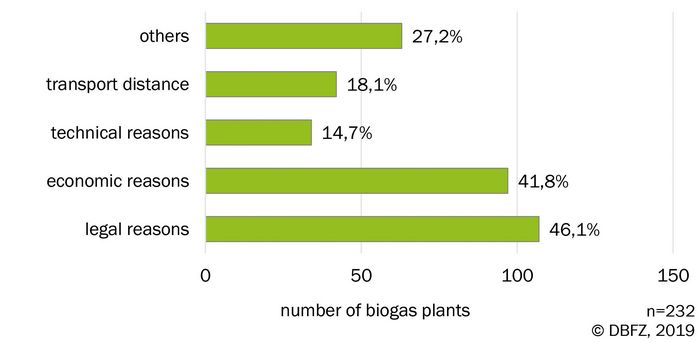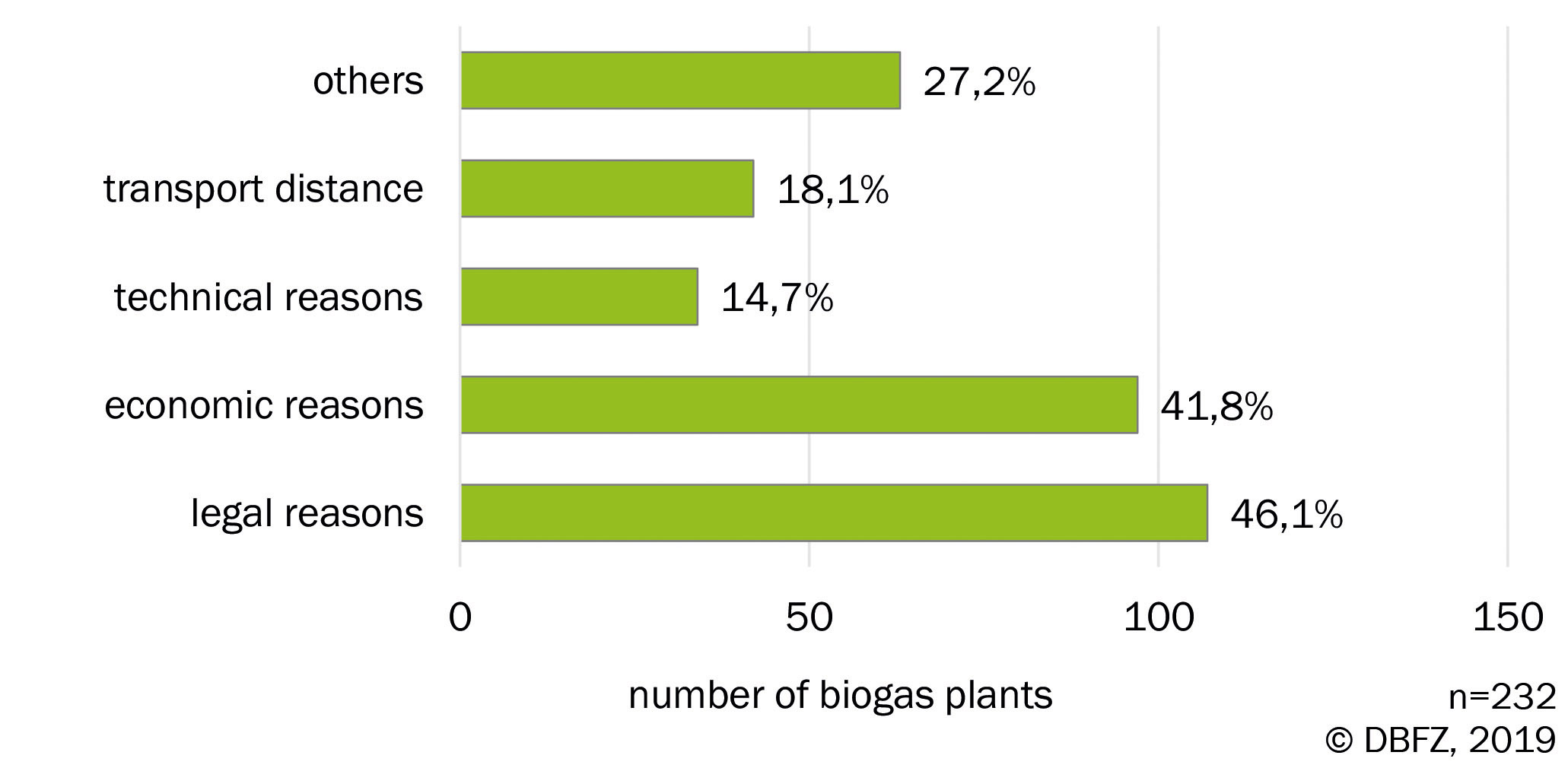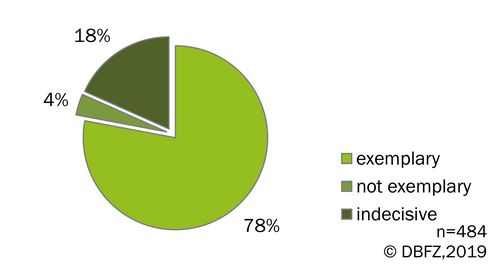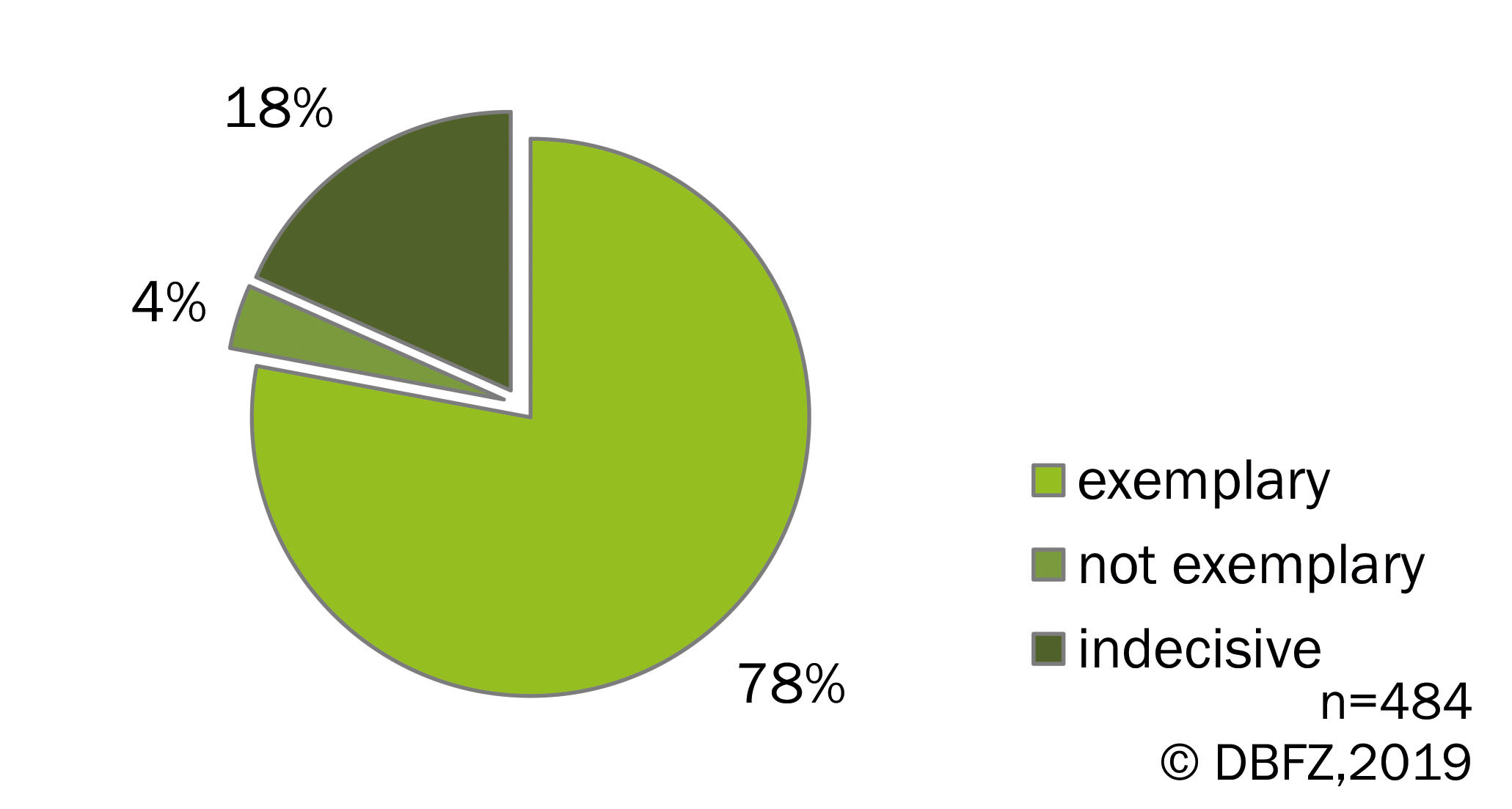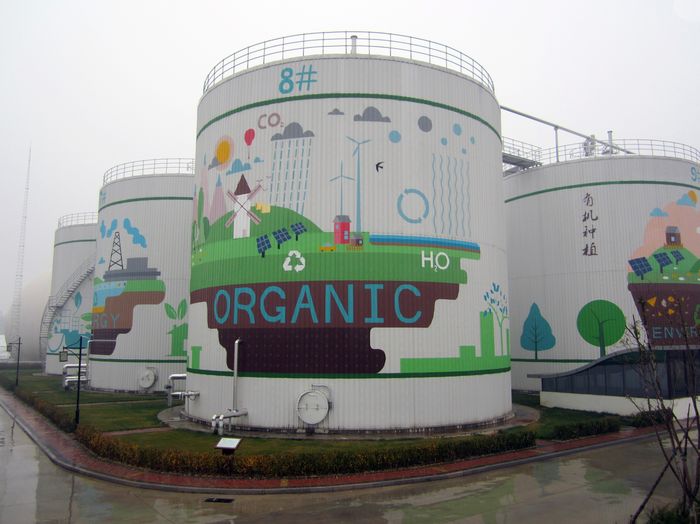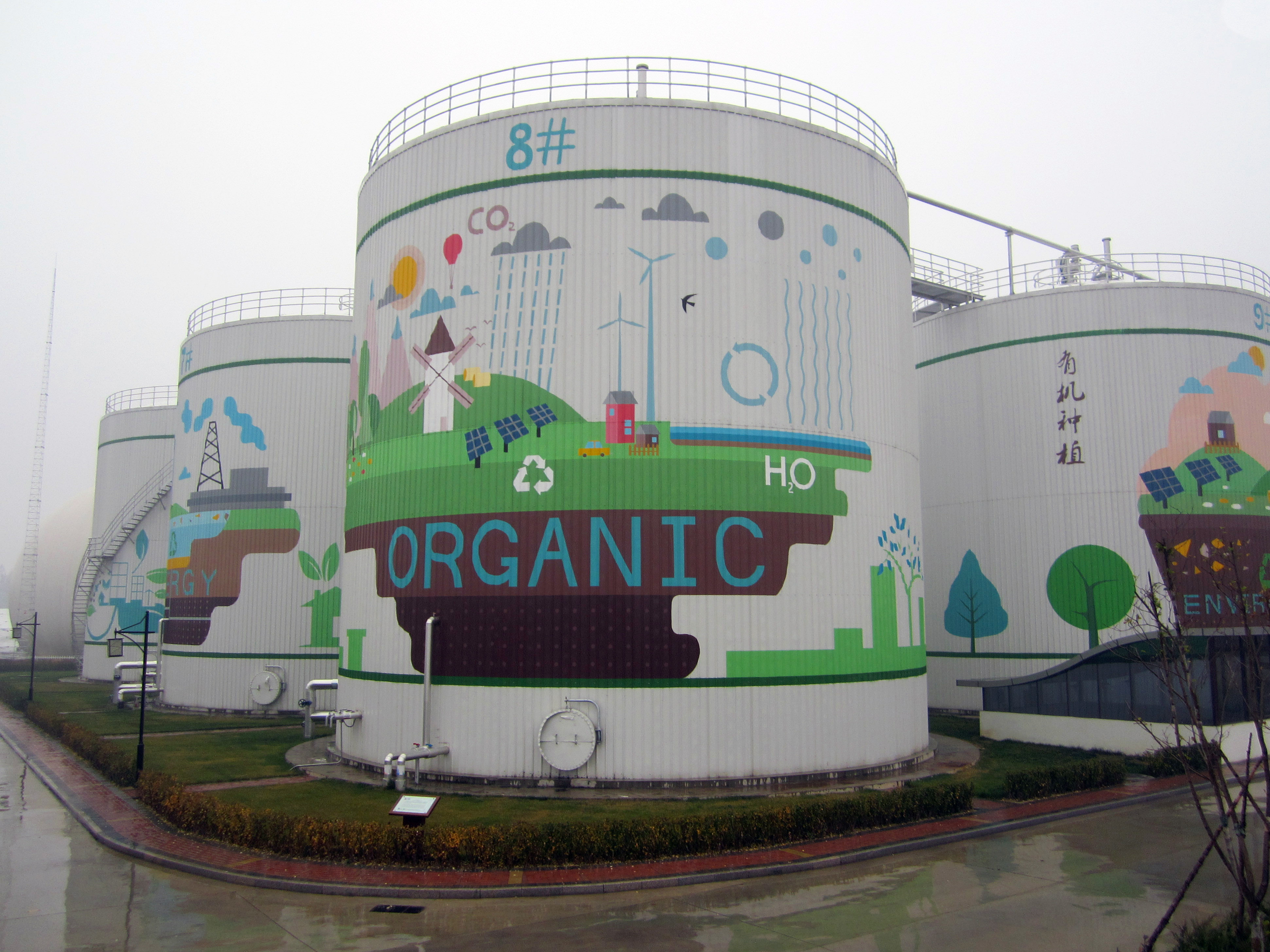Project provides information on energy recovery from agricultural residues in Germany and China
Within the framework of a sino-german working group, the research project "ChinaRes" bundles the knowledge about the energetic utilisation of agricultural residues in China and Germany. The project, which runs until January 2021, is funded by the German Federal Ministry of Food and Agriculture and coordinated by the DBFZ (German Biomass Research Centre). Comprehensive information on the project can be found on the project website www.dbfz.de/en/projects/china-res.
The "ChinaRes" project aims to pool knowledge on the energy recovery of agricultural residues. Against this background, the project objectives are (i) to identify the barriers to the use of various agricultural residues from animal and plant production, (ii) to develop conceptual proposals for better design and coordinated operation of stables and biogas plants, and (iii) to make the project results available to the general public.
In order to bundle all collected information and results for interested users, a project website (www.dbfz.de/en/projects/china-res) was established. The German-English information portal offers information on biogas potentials, legal framework conditions of the biogas industry, animal husbandry and biogas technologies in China and Germany, respectively. In addition, best-case biogas plants such as the biogas plant Deqingyuan in Beijing, China, are presented. In parallel, a survey was conducted among German biogas plant operators and livestock farmers without an own biogas plant on the available unused substrate potentials as well as on obstacles for their energetic use. The aim of the surveys was to determine the reasons why available substrates are currently not used or will not be considered at all in the near future. Figure 1 shows that the main obstacles are of legal or economic origin.
Furthermore, the biogas plant operators were asked, whether they consider their own plant operation as exemplary in terms of manure management and emission reduction. Figure 2 shows that a majority of 78 % of the german plant operators consider their plant to be exemplary in this area.
Detailed results of the two surveys were presented in two short reports. These are, as well as a Chinese-language edition of the "Collection of Methods for Biogas", available free of charge on the project website under the following link: www.dbfz.de/en/projects/china-res/downloads/
Smart Bioenergy – innovations for a sustainable future
The DBFZ works as a central and independent thinker in the field of energy and material use of biomass on the question of how the limited available biomass resources can contribute to the existing and future energy system with sustainability and high efficiency. As part of the research the DBFZ identifies, develops, accompanies, evaluates and demonstrates the most promising fields of application for bioenergy and the especially positively outstanding examples together with partners from research, industry and public. With the scientific work of the DBFZ, the knowledge of the possibilities and limitations of energy and integrated material use of renewable raw materials in a biobased economy as a whole should be expanded and the outstanding position of the industrial location Germany in this sector permanently secured – www.dbfz.de/en.

